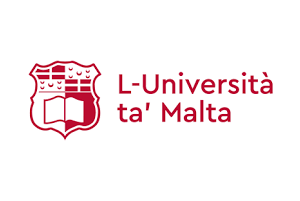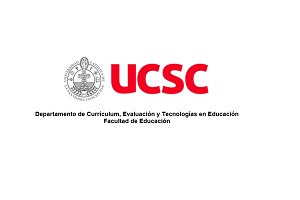
Sixteenth International Conference on e-Learning & Innovative Pedagogies
- Smart Education 4.0 Empowering Learners and Educators
- 13-14 April 2023
- University of Malta, Malta + Online
We have in modern times experienced a series of socio-technical revolutions. On one count, after the industrial revolutions of steam, electricity, and digitization, we are now encountering a fourth revolution in which artificial intelligence will be central. World Economic Forum founder Klaus Schwab calls this Industry 4.0. However, much of what we do in education remains in older industrial models. Even digital learning frequently follows old models of curriculum delivery, instruction and assessment.
What will be the shape of Education 4.0? If industry 4.0 is characterized by smart technologies, what will smart pedagogies be like? Optimistically, these will take full advantage of the fourth industrial revolution to enhance the effectiveness of e-learning, integrating of advanced technology to support innovative digital pedagogies that deepen learner engagement, provide on-the-fly feedback, and customize learning to align with the specific needs and interests of different learners. Education 4.0, it is optimistically argued, will support creativity, social presence, critical thinking, and participatory design within added-value learning spaces. These developments, however, are not without their dangers ranging from surveillance of students and teachers, privacy to learner profiling. They also come in the context of what has been termed “platform capitalism” where a handful of large corporations dominate the spaces of pedagogy and learning.
This conference sets out to take a balanced perspective, measuring potential progress in the era of Education 4.0 against its potential pitfalls and dangers.

Professor, Department of Artificial Intelligence at the Faculty of ICT, University of Malta, Malta
The Sixteenth International Conference on e-Learning and Innovative Pedagogies featured plenary sessions by some of the world's leading thinkers and innovators in the field.

University of Illinois at Urbana-Champaign, USA
"Generative AI Comes to School (ChatGPT and All That Fuss): What Now?"

University of Illinois at Urbana-Champaign, USA
"Generative AI Comes to School (ChatGPT and All That Fuss): What Now?"

Professor of AI, University of Malta, Malta
"Artificial Intelligence in Gamification"

Professor and Director, Institute of Digital Games, University of Malta | co-founder: modl.ai
"Gaming the Algorithm: Empowering AI Education through Video Games"

Faculty of ICT, University of Malta
"Ethical Implications for the AI-driven Education Era"

Director Centro "INNOVAPEDIA", Profesor, Universidad Católica de la Santísima Concepción, Chile
"La innovación en contextos educativos: Una mirada desde la gamificación y la tecnología robótica en el desarrollo de proyectos en el sistema educativo chileno" (in Spanish)
For each conference, a small number of Emerging Scholar Awards are given to outstanding graduate students and emerging scholars who have an active research interest in the conference themes. Emerging Scholars perform a critical role in the conference by chairing the parallel sessions, providing technical assistance in the sessions, and presenting their own research papers. The 2023 Emerging Scholar Award Recipients are as follows:

University of Delta, Agbor, Nigeria
(In-Person)

University of the Aegean, Greece
(In-Person)

University of the Aegean, Greece
(In-Person)

University of Malta, Malta
(In-Person)

University of Rochester, USA
(Online Only)

Open University and Southampton University, United Kingdom
(Online Only)

Fairleigh Dickinson University, USA
(Online Only)

Fordham University, USA
(Online Only)

Malta

Departamento de Currículum, Evaluación y Tecnologías en Educación, Facultad de Educación, Concepción, Chile